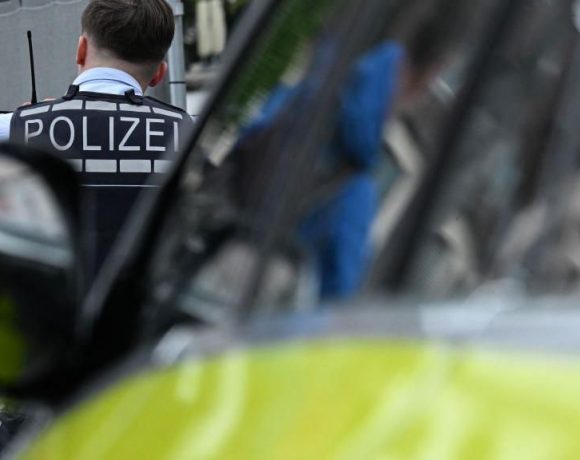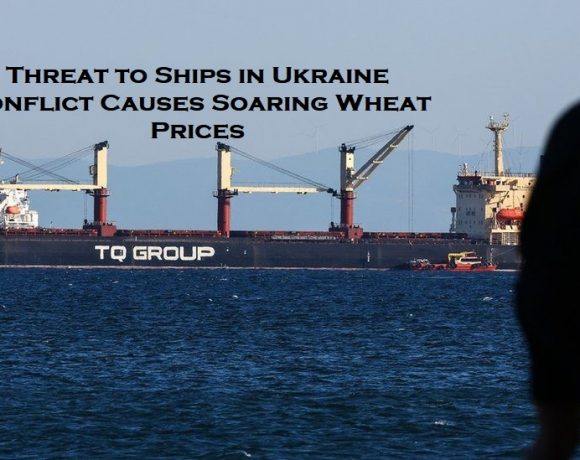
In Mannheim, Germany, a local politician was attacked just days after a police officer was fatally stabbed in the city’s market square. The victim, Heinrich Koch, a 62-year-old candidate for the far-right Alternative for Germany (AfD) party, sustained cuts in the incident, according to the German press agency DPA. The police confirmed that the attack took place on Tuesday evening, near the site of the previous deadly assault on rally organizers against radical Islam, which resulted in the death of a 29-year-old officer.
Koch was hospitalized for treatment but his injuries were not life-threatening. The local AfD association reported that the altercation occurred after Koch pursued a man who was tearing down election posters. The assailant then cut Koch with a knife. The police arrested a 25-year-old suspect who exhibited signs of mental illness and was subsequently taken to a psychiatric hospital. Authorities indicated that there was no solid evidence the attacker knew Koch was an AfD politician.
This recent violence follows the stabbing of a police officer by an Afghan asylum seeker, which led to the officer’s death and injuries to five others during preparations for an anti-radical Islam rally. The 25-year-old suspect, who arrived in Germany as a refugee in 2013 and has two children, was detained. In response to the killing, which incited widespread outrage, the German government has indicated it might resume deportations to Afghanistan, halted since the Taliban regained control three years ago.
These incidents occur as Germany gears up for European Parliament elections and municipal elections in seven states, including Baden-Württemberg, where the AfD is competing against the centre-left Social Democrats of Chancellor Olaf Scholz for second place. The AfD’s campaign has been marred by various scandals. Markus Frohnmaier, a senior AfD official in Baden-Württemberg, expressed shock and dismay at the attack on Koch.
Violent incidents have also been reported in other parts of Germany in the run-up to Sunday’s European elections. Chancellor Scholz recently warned of threats to democracy following attacks on political figures, including Matthias Ecke of Scholz’s party in Dresden and a female Greens politician in the same city. Berlin senator Franziska Giffey, a prominent former minister from Scholz’s party, was also assaulted last month during a visit to a local library.
Picture Courtesy: Google/images are subject to copyright



